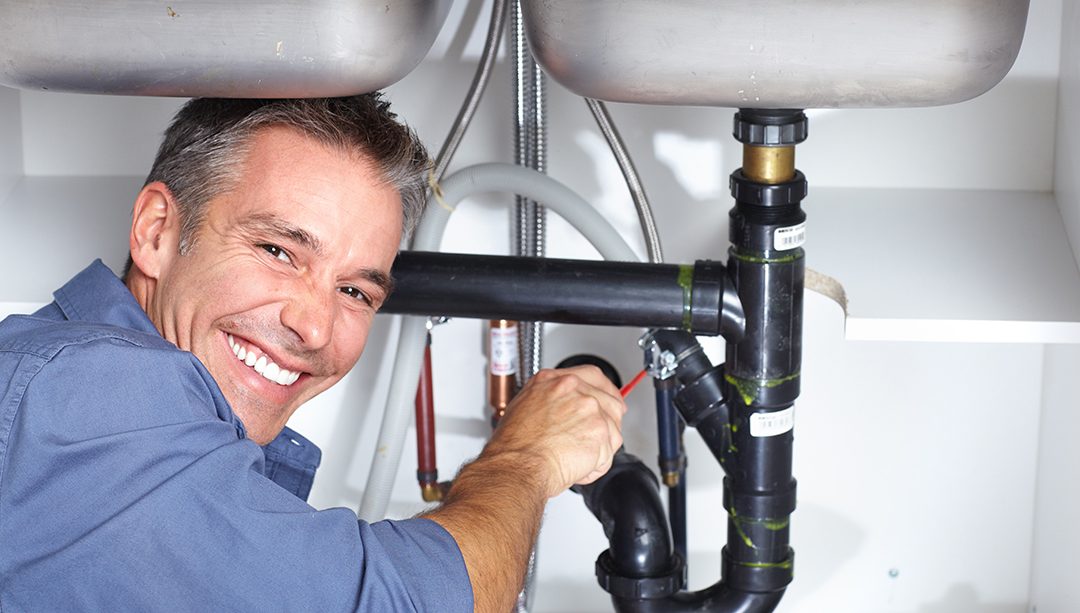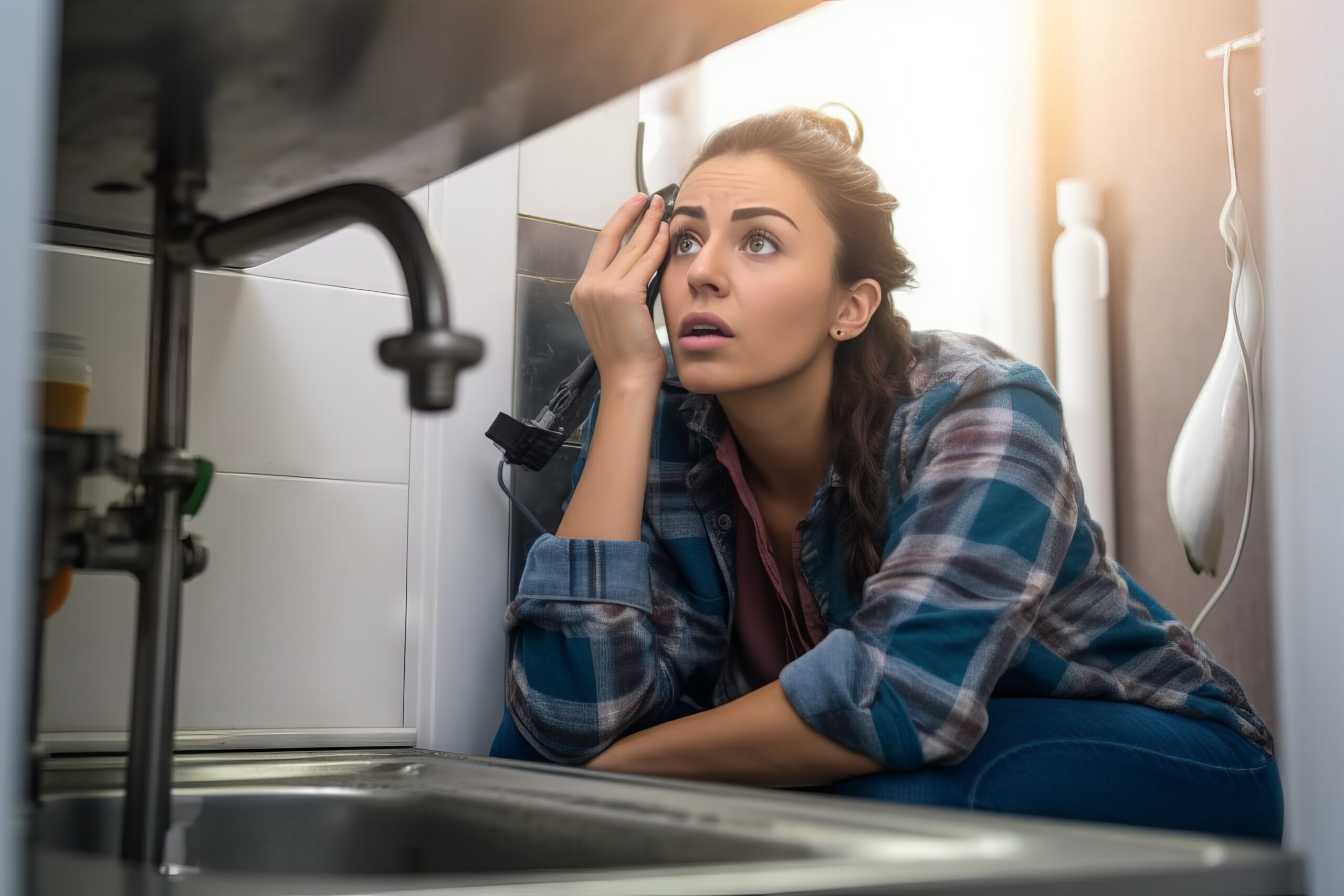Expert Tips on Handling Plumbing in Older Homes
Expert Tips on Handling Plumbing in Older Homes
Blog Article
Right here below you can locate a good deal of decent answers all about Plumbing Issues in Older Properties and How to Fix Them.

Older homes usually feature appeal, personality, and background, however they can also bring a host of pipes concerns. Whether you're taking care of maturing pipelines, low water stress, or leaks, recognizing just how to address these typical issues is important to preserving a risk-free and functional home. In this guide, we'll explore the common plumbing difficulties faced by older homes and provide functional services to keep your plumbing in top shape.
Recognizing Typical Plumbing Concerns
Aging Pipes
One of one of the most usual issues in older homes is aging pipes. Depending on the era in which your home was developed, the pipes might be made from products that have actually weakened gradually, such as galvanized steel, cast iron, or even lead. These products can rust, end up being breakable, or establish leakages, bring about water damages and potential health hazards.
Low Water Pressure
If you're experiencing low tide stress, it could be due to natural resources, corrosion inside the pipelines, or old fixtures that are no more operating successfully. This can be a major hassle, especially in locations like showers and sinks.
Leaking Pipelines
Leaks are another frequent concern in older homes, usually caused by corroded or worn-out pipelines. Also little leaks can bring about significant water damages, mold growth, and boosted water costs otherwise dealt with quickly.
Obsolete Components
Outdated pipes components such as taps, commodes, and showerheads not just look old yet may additionally be less efficient, vulnerable to leaks, or incompatible with contemporary plumbing requirements.
Pipeline Rust
Rust is an usual problem in older pipes, especially those made from galvanized steel or actors iron. Rusty pipelines can restrict water circulation, create discoloration, and at some point lead to leakages or pipeline ruptureds.
Analyzing the Condition of Your Pipes
Checking Visible Pipes
Beginning by inspecting any type of noticeable pipelines in your home, such as those in basements, crawl spaces, or under sinks. Look for indications of deterioration, leaks, or corrosion, which can indicate underlying issues.
Looking for Leakages
Check for leaks by checking locations around faucets, toilets, and under sinks. You can additionally monitor your water meter before and after a duration of no water use to discover hidden leaks.
Water Quality Testing
Older pipelines can influence the quality of your water. Conduct a water high quality examination to check for contaminants such as lead, corrosion, or various other contaminations that might be introduced by maturing pipes.
Solutions for Typical Pipes Concerns
Replacing Aging Pipelines
If your home has old, wearing away pipelines, consider changing them with modern products like copper or PEX. This can be a considerable financial investment, however it will stop future problems and improve the security and reliability of your plumbing system.
Fixing Low Tide Stress
To deal with low water stress, begin by cleansing or changing old components and getting rid of mineral build-up in the pipelines. If the problem persists, it might be necessary to replace areas of corroded pipes.
Repairing and Changing Dripping Pipes
For little leaks, you can use pipeline clamps or epoxy putty as a short-term solution. However, it's finest to replace leaking pipes completely to stay clear of more damage.
Updating Fixtures
Updating old fixtures to contemporary, water-efficient models can improve your home's pipes performance and decrease water usage. Search for fixtures with the WaterSense label for the best efficiency.
Managing Pipe Corrosion
If your pipelines are corroded, replacing them with corrosion-resistant products like copper, PVC, or PEX is the very best remedy. Routine examinations and water top quality maintenance can assist protect against even more rust.
When to Call a Professional
While some pipes concerns can be managed with DIY options, there are times when it's ideal to employ a specialist. If you're dealing with major leaks, comprehensive deterioration, or are uncertain about the condition of your pipes, a qualified plumbing can give skilled analysis and repair.
Preventive Maintenance Tips
Normal Assessments
Regularly inspect your plumbing system for indications of wear and tear. Capturing problems early can prevent pricey fixings down the line.
Water Stress Guideline
Ensure your water stress is within the recommended range to prevent stressing your pipes and fixtures. A plumber can mount a stress regulator if required.
Water High Quality Upkeep
Mount water filters or softeners if your water top quality is poor. This can shield your pipes and components from damages caused by difficult water or contaminants.
Proactive Pipeline Substitute
If your home has older pipelines, consider proactive replacement before significant issues occur. This can save you from emergency situation repair services and water damage.
Final thought
Taking care of plumbing problems in older homes calls for a mix of vigilance, precautionary upkeep, and timely upgrades. By understanding the usual obstacles and understanding when to look for professional aid, you can guarantee your plumbing system stays useful and trustworthy for years ahead.
Common Plumbing Problems in Older Homes
Older homes have a ton of character from the antique brass faucets, clawfoot tubs, and colorful tile to the Dutch doors, transom windows, and archways, there s a lot to love. Unfortunately, that character often includes old plumbing that s past its prime and isn t fit to support modern appliances.
If you own an older home and are suspicious about strange noises (ghosts?), smells, leaks, or frequent clogs in your plumbing, it's possible that your home s old age is to blame.
Learn more about the most common old house plumbing problems, and what can be done to fix them!
What Are the Most Common Plumbing Problems in Old Houses?
Old, corroded piping. Most older pipes are made of material that corrodes and rusts more easily. Even if over the years some of that piping was replaced with better material, the rest may be damaged or repaired with lower-quality material. Though expensive, it may be the best option to re-pipe your plumbing especially if there s rust or lead in your water. Slow drains. This could be the result of many issues, but most likely because of pipe bellies. These are sags in your drainpipes that happen as your home settles and shifts downward over time, putting pressure on your pipes and creating negative slopes. This can restrict water from flowing correctly through them and result in slow drains. Frequent clogging. As you might expect, pipe bellies can also lead to frequent clogging. Another reason for clogging could be due to buildup over time, or blockages from sediment and root growth. Scheduling a drain inspection and drain unclogging service can eliminate this issue. Damaged or failing sewer lines. Old homes are more likely to have foundational shifts and tree root overgrowth. This can put a lot of pressure on and in your sewer lines, leading to damage. Another common reason for failed sewer lines is because of modern appliance upgrades. Newer appliances put more strain on sewer lines, and if your old pipes aren t equipped to handle this, it can result in damage. If you have any wastewater backup, slow drains, or soft spots in your yard, you may need sewer line replacement. Worn or outdated fixtures. Plumbing fixtures old or new aren t built to last forever. Even if your fixtures seem like they re working well, it s best to check the wear on any internal parts. Minor wear and tear over time can lead to more costly leaks and plumbing issues. Our experts can perform a plumbing inspection for any part of your home s plumbing. Improper installations or repairs. Whether your plumbing was installed a hundred years ago, installed incorrectly, repaired incorrectly, or repaired with outdated materials, this can affect the long-term stability of your plumbing. In older homes especially, having your plumbing inspected is vital to preventing damage. What Are Old Plumbing Pipes Made Of?
Galvanized steel. Most often used between the 1930s and the 1980s, this piping material was discovered later in the 1990s to be prone to rust and corrosion, releasing lead into the water, which is dangerous to consume. Copper. Most homes built around the 1960s are likely to have copper piping. Unlike galvanized steel, copper is one of the most durable materials for plumbing pipes. The issue with this material is the risk of lead, which could be present in the piping itself or the solder applied to the joints and fittings. PVC. This material is still used today and was often used in older homes where piping was replaced because it was easy and inexpensive to install. PVC is also very durable, lead-free, resistant to rust and corrosion, and handles high water pressure well. The downside is that hot water can make it warp. How to Fix Plumbing Problems in Old Homes
Have your plumbing inspected. Before you begin or schedule any type of repair, schedule a plumbing inspection. An expert will be able to properly identify all the issues in your plumbing and the best solution to avoid further damage. Get your plumbing repaired or replaced as needed. Depending on the issues found with your plumbing, you may need minor repairs or larger replacements. Make sure these issues are addressed before you tackle any smaller issues. Remove any clogs or buildup. It s likely your old pipes are clogged with debris, mineral buildup, hair, tree roots, and more. Having your drainpipes cleaned will improve overall drainage and help prevent future leaks. Replace old fixtures. Before replacing any fixtures, check with your local plumber first. Not only can new fixtures strain your old plumbing pipes, but installing them incorrectly can lead to costly damage.

Do you really like more info about Common Plumbing Challenges In Old Buildings? Place a review further down. We will be delighted to see your feelings about this content. We are looking forward that you visit us again later on. So long as you liked our page please be sure to pass it around. Thank you so much for taking the time to read it.
Book Service Now Report this page